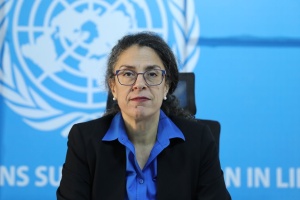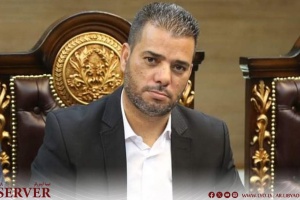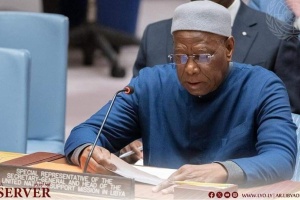By Abdullah Alkabir, political writer and commentator
The political aspect of the budget law

In a surprising step, not preceded by the familiar preparations that the House of Representatives has been accustomed to, whenever the force controlling it wanted to pass something. Agila Saleh’s House of Representatives approved an annual budget estimated at more than 90 billion dinars for the parallel government that is not internationally recognized, the largest part of which was allocated to salaries and subsidies.
It did not include the development section, for which an additional thirty billion was allocated, because the government’s budget, even if the issue of its implementation after liquidating funds from the Central Bank, is out of the question, but it is theoretically subject to follow-up and accountability and the enforcement of laws and regulations when implemented, while the reconstruction agencies that was established for one of Haftar’s sons by Agila is not subject to any kind of follow-up, oversight and accountability, according to the text of the law establishing it, which is wide open for the practice of plunder and corruption.
Therefore, if the blackmail operation practised by Haftar’s representatives at HoR and Agila succeeds in obtaining these billions, and the Governor of the Central Bank responds and transfers some or all of the allocations for the development item, Haftar the junior will be free to dispose of them as he wishes without fearing any oversight or accountability.
The parallel government does not have any assets or database to implement the budget. Salaries, subsidies, and other aspects of government spending are at the capital’s institutions, and control and oversight institutions are ineffective in the areas of influence of Haftar and Agila governments.
Therefore, it is unlikely that the governor will respond to the decision of the House of Representatives, despite his recent rapprochement with Agila Saleh, by consulting him on the issue of imposing an additional tax on foreign exchange sales.
As for the political level, which is the key to this step, and in most of the laws and decisions of the House of Representatives, it is an attempt to create a political reality that is difficult for the new acting envoy, Stephanie Khoury, as she embarks on her new mission, and finds before her a clearly defined state of division with two governments, both of which have a special budget to be implemented, through which, the affairs of the state are managed in their respective areas of influence, and within the folds of this division was a message that Agila Saleh never tired of repeating, that is the executive authority must be unified before going to elections.
It is certain that Khoury began examining the Libyan crisis in all its dimensions, immediately after the decision was issued to appoint her as deputy to the resigned envoy Abdoulaye Bathily, who in turn would have presented to her the hidden aspects of the crisis and the level of foreign interference, with a set of advice on the best ways to deal with the selfish leaders, who often make their narrow interests override interests of the nation.
However, full knowledge of the crisis, the expected American-European support, and her previous experiences due to her work in the Arab region, will not be enough for Ms. Khoury to achieve a possible breakthrough into the crisis, and the most that is expected of her is to regain the initiative and bring the parties to the negotiating table, without guarantees of reaching an acceptable settlement to everyone. Therefore, the final result will be nothing more than a temporary calm, and extending the transitional phase by postponing the elections, because there is a crucial factor that Mrs Khoury lacks, which is the consensus of the major powers involved in the conflict, as Russia is not expected to cooperate and push towards a political solution, yet it finds the appropriate climate in the division and chaos, to achieve further political and military incursion, as well as ruling out the possibility of her cooperating with an envoy having US citizenship, who will consider her an implementer of her country’s agenda, so, the Libyan file remains in the hands of America, which seeks to curb the growth of Russian influence in Libya, and in the region in general.
Disclaimer: The views and opinions expressed in this article are those of the writer, and do not necessarily reflect those of the Libya Observer






